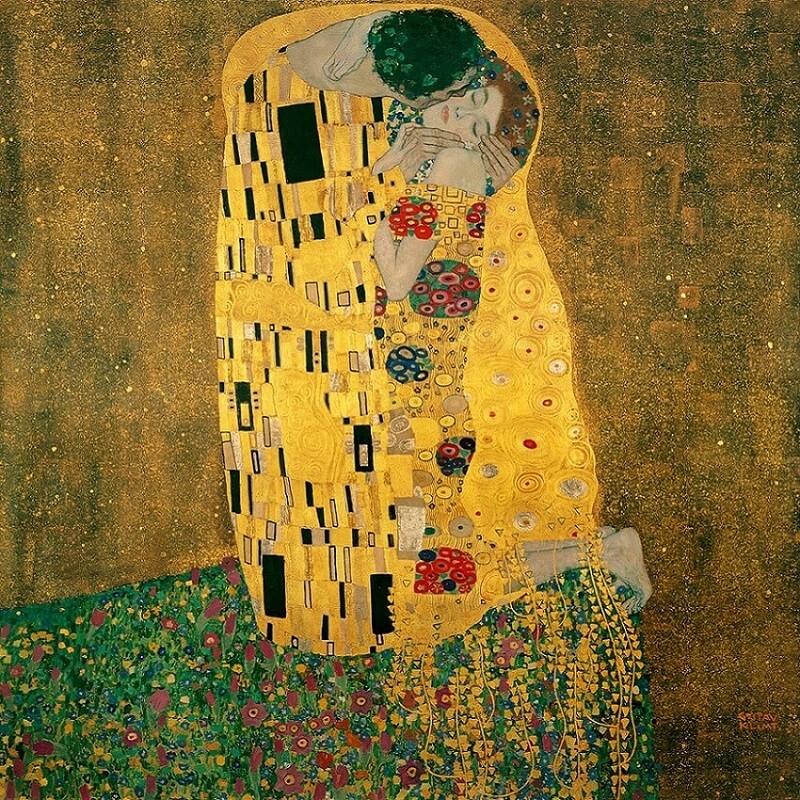The book of love is long and boring.
Love, love, love. What is love? It is such a deeply pondered thing, reflected upon by scores of artists over centuries. Millenia, even. It’s an experience, an emotion, a reaction, a mentality. It is universally and personally understood, one of humanity’s great paradoxes. To contextualize love is to tell an individual story, and then to try and extrapolate general meaning from that story. Stories of love and loss are like Tolstoy’s unhappy families, each markedly different from one another.
And so, the best way to talk — or write, or sing — about love is simply to talk about it a lot. That’s what Stephen Merritt and the Magnetic Fields set out to do with 69 Love Songs. It’s sort of an arbitrary amount — there could have just as easily been 200 songs on this album.1 But the choice of 69 songs is perfect — the number carries the abstract symbolism of love and sex with it, while also accurately paying tribute to the band’s witty and often juvenile tone.
How many of these songs, then, are about love? In a way, all of them. And none of them.2 Many of them are about heartbreak or flirting, stages around a conventional romantic relationship. But romance, Merritt seems to argue, is never conventional by any means. The complexity and wonder of love is what allows an album like 69 Love Songs to exist.
It’s a simple album. The melodies are bare, with little instrumentation. This simplicity allows the listener to feel serenaded by songs like “Come Back From San Francisco.” The impressive feat driving 69 Love Songs is the diversity behind its musical as well as lyrical content. Punk, jazz, rock, and pop are just a few of the genres mined for content on this album. Autoharps, ukelins, synclaviers, ocarinas, pennywhistles, kalimbas, cowbells, and something called “guitars” only make up a sliver of the wide variety of instruments that create 69 Love Songs’ wild and diverse soundscape.

So how do I even begin to talk about this album? There’s so much to cover! That’s what’s so beautiful about it — it has something for everyone. Therefore, I’ll just pick out a few of my somethings and briefly talk about them.
There aren’t too many bisexual anthems. One of the merits of Merritt’s songwriting is the way it caters to different sexual orientations, and “Underwear,” droning and thunking, is a clever and enjoyable song for the enjoyment of the humble bisexual. These different perspectives are brought to life by singing from Claudia Gonson, Shirley Simms, LD Beghtol, and Dudley Klute, who feature on multiple songs throughout the album to provide assorted textures and attitudes.
And then there are the fun dancing songs. “Meaningless” is an absolute record highlight, with energetic instrumentals underneath Merritt’s monotone voice perfectly suiting the mood of apathy that follows a breakup. "Absolutely Cuckoo" is a charming (if demented) album opener with a ticking groove to it.
There are dozens of songs that still manage to stick out in the crowd — the cynical Catholic chant of “Roses,” the bouncing of the darkly lustful “Let’s Pretend We’re Bunny Rabbits,” the snazzy beat poetry of “How Fucking Romantic.” The way Merritt closes out “Love Is Like Jazz” is enchanting, uncaring about standard form or rhyming practices. The dark sobriety of “No One Will Ever Love You” is a good companion for a late night walk home in the rain.
A myriad of tones fight to dominate the album’s lyrics. There is the sadly sweet confessional of “Asleep and Dreaming,” the robotic simplicity of “I Shatter,” the light naivety of “The Luckiest Guy on the Lower East Side.” Then, of course, there’s the beautiful and mythical language of “The Book of Love,” a focal point of the album and a stunning light in the dark. And then there is comedy, which can be found on many of the album’s songs, like on “I Think I Need a New Heart,” which perfectly creates a cinematic experience with its blend of hard-hitting reality and brightly poppy music.
It’s not even all romantic love. It’s friendship, parenthood, lust, narcissism, adoration, devotion, and passion for places and concepts beyond mere appreciation.
There is just so much to this album. Yeah, some songs are duds. But some relationships are duds. We all like different ones. And, just like the tracks on 69 Love Songs, there’s one you’ll love. You just have to try and find it.
